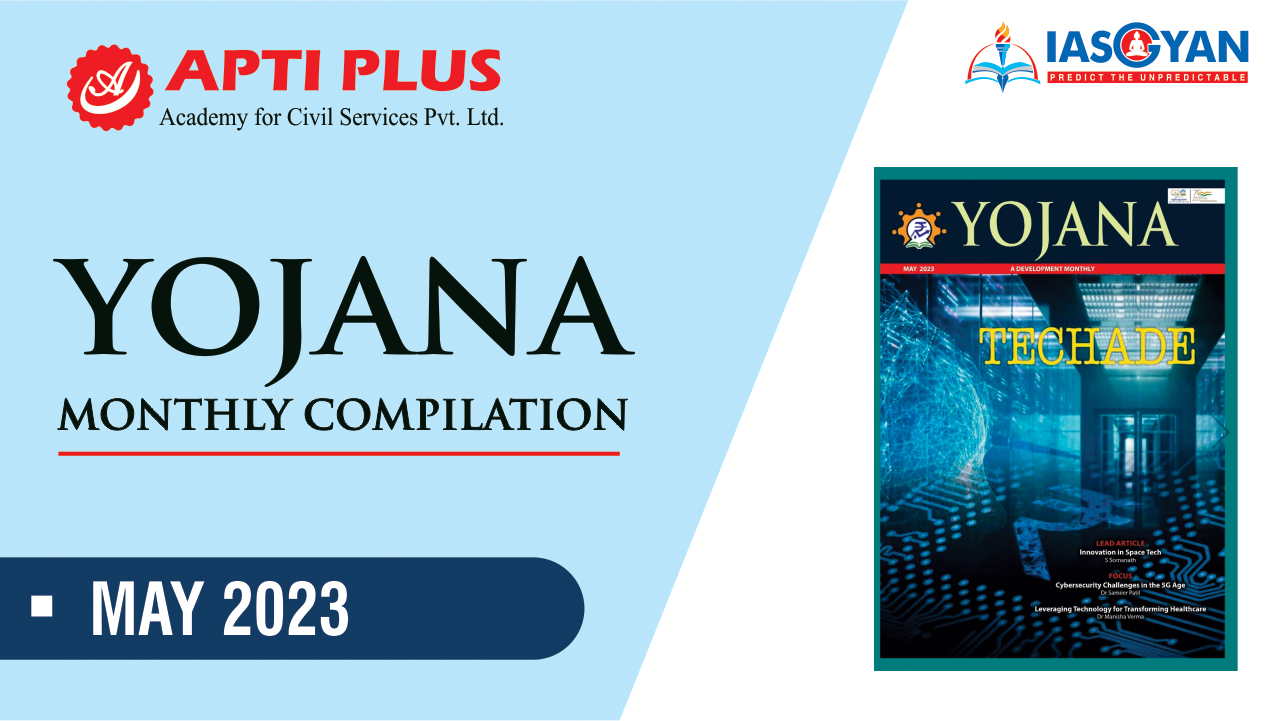Description

Copyright infringement not intended
Context: Political parties were given free airtime on public broadcasters All India Radio (Akashvani) and Doordarshan during the recently concluded Karnataka State Assembly elections.
Details
Background
- Elections are the most important events in a democracy, as they allow the citizens to choose their representatives and hold them accountable.
- Elections require a fair and transparent process that ensures equal opportunity for all political parties and candidates to reach out to the voters and present their views and agendas.
- One of the ways to achieve this is by providing free airtime on public broadcasters, such as All India Radio (Akashvani) and Doordarshan, to the recognised political parties during the campaign period.
- This facility was given a statutory basis through the 2003 amendment to the Representation of People Act 1951.
Objective
- The objective of this scheme is to give every party an equal platform to convey their policies, ideas, and vision to the electorate, without being influenced by their financial resources or media ownership.

How does it work?
- Step 1: The Election Commission of India (ECI), which is responsible for enforcing the provisions of the Representation of People Act, 1951, issues guidelines and instructions for the allocation of free airtime to political parties on public broadcasters.
- Step 2: The ECI determines the eligibility and allocation of free airtime based on certain criteria, such as whether the party is recognised as a national or state party, its performance in previous polls, its number of candidates in the current election, etc.
- Step 3: The ECI then distributes time vouchers to the eligible parties through a lottery system in a transparent manner. The time vouchers indicate the date, time, and duration of the broadcast slot allotted to each party.
- Step 4: The parties can use these vouchers to air their pre-recorded programmes on Akashvani and Doordarshan.
- The ECI also monitors the content and quality of these programmes to ensure that they do not violate the model code of conduct or any other law.
Significance
- It helps to level the playing field and prevent any party from dominating the media landscape due to its financial resources or influence.
- It adds more diversity and colour to the electoral process by allowing different voices and perspectives to be heard by the voters.
- It promotes an informed citizenry by enabling them to compare and contrast the policies and manifestos of various parties and candidates.
- It enhances the credibility and legitimacy of the electoral process by ensuring that it is fair and equitable.
Conclusion
- Providing free airtime to public broadcasters during elections aims to uphold the democratic principles of equality, diversity, transparency, and accountability. It benefits not only the political parties but also the voters and the nation as a whole.
Must Read Articles:
Election Commission of India: https://www.iasgyan.in/daily-current-affairs/appointment-of-election-commissioners
|
PRACTICE QUESTION
Q. Why are political parties provided free airtime on public broadcasters during elections? How does the scheme work and how does it benefit a political party? How does the Election Commission distribute time vouchers to parties without any bias?
|

https://www.thehindu.com/opinion/op-ed/explained-elections-and-the-airwaves/article66866375.ece











